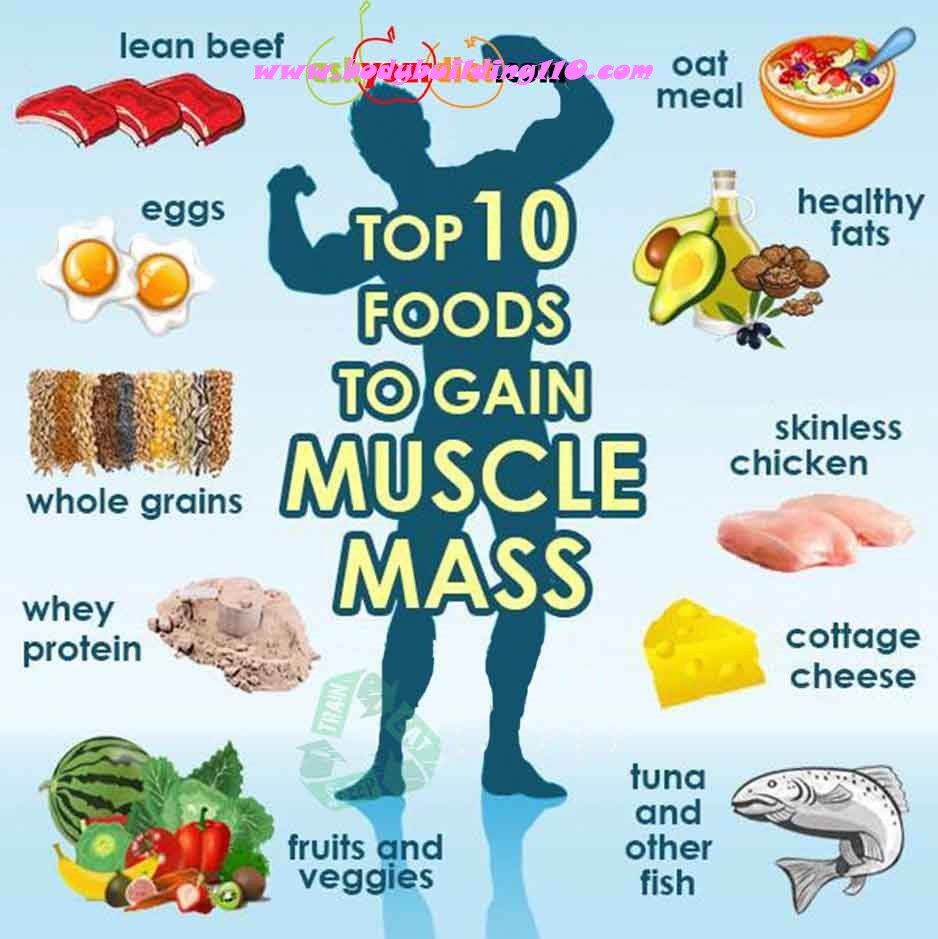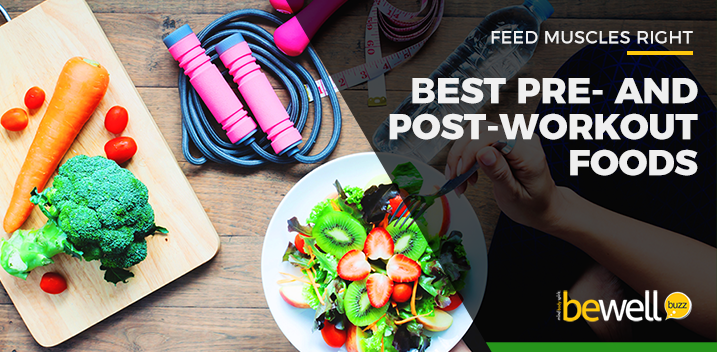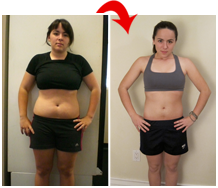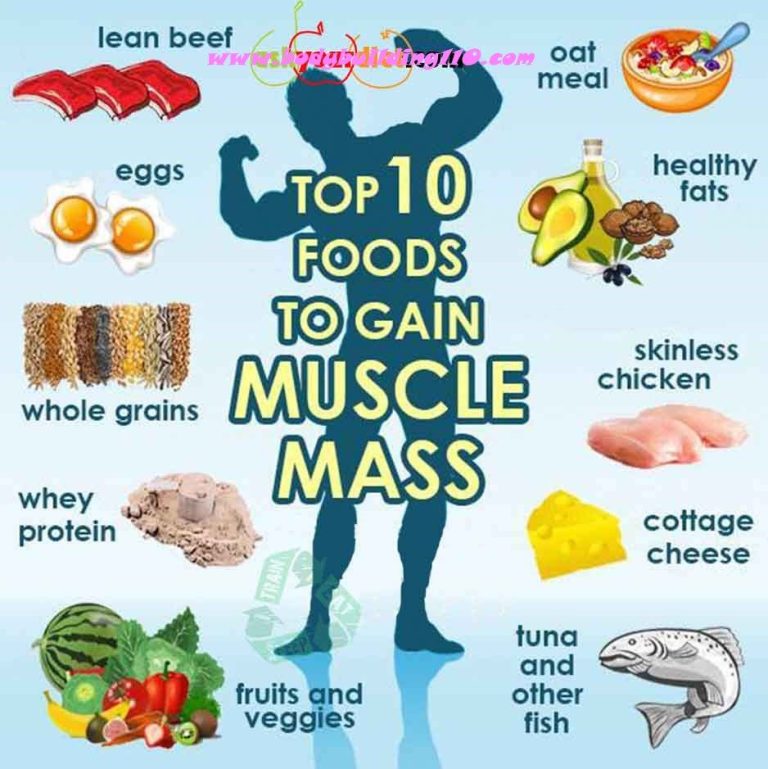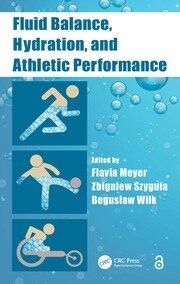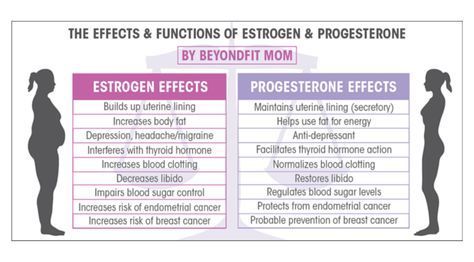Achieving a well-defined and muscular physique is a common goal for many individuals who engage in regular exercise. While exercise is undoubtedly crucial, nutrition plays a vital role in the process of building muscle. A high-protein diet is widely recognized as one of the most effective dietary strategies for muscle growth. In this article, we will explore the benefits of a high-protein diet and how it can assist you in achieving your muscle-building goals.
The Importance of Protein
Protein is often referred to as the building block of muscles, and for good reason. It is composed of amino acids, which are the essential components needed for muscle repair and growth. When you engage in weightlifting or other resistance exercises, tiny tears occur in your muscle fibers. Protein helps repair these tears, making your muscles stronger and larger in the process.
Additionally, protein has a high thermic effect, meaning that it requires more energy for your body to digest compared to carbohydrates or fats. This increased energy expenditure can boost your metabolism and aid in fat loss, providing further aesthetic benefits to your muscle-building journey.
Calculating Your Protein Needs
While the exact protein requirements vary depending on factors such as age, gender, activity level, and overall goals, a general guideline for muscle building is to consume between 1.2 to 2 grams of protein per kilogram of body weight. For example, if you weigh 70 kilograms, your protein intake should be between 84 to 140 grams per day.
It is essential to distribute your protein intake evenly throughout the day to optimize muscle protein synthesis. Aim to consume protein-rich foods with each meal, such as lean meats, fish, poultry, eggs, dairy products, and plant-based protein sources like beans, lentils, and tofu.
The Benefits of a High-Protein Diet
A high-protein diet offers several advantages for individuals looking to build muscle:
1. Increased Muscle Protein Synthesis
Protein consumption stimulates muscle protein synthesis, the process by which new muscle tissue is created. By providing an adequate amount of protein, you can optimize this process and enhance muscle growth.
2. Enhanced Muscle Recovery
Intense workouts cause muscle damage, resulting in soreness and fatigue. Protein aids in repairing and rebuilding these damaged muscle fibers, allowing faster recovery and reducing the risk of injuries.
3. Preservation of Lean Muscle Mass
During periods of calorie restriction or weight loss, a high-protein diet helps preserve lean muscle mass. This is especially important as losing muscle mass can hinder your progress and make it more difficult to achieve a muscular appearance.
4. Increased Strength and Performance
A high-protein diet provides the necessary nutrients for optimal strength gains and improved athletic performance. It supplies the building blocks required for muscle growth and aids in the development of lean muscle mass.
5. Improved Satiation
Protein is known to promote feelings of fullness and reduce appetite, making it easier to adhere to a calorie-controlled diet. This can be particularly beneficial if your muscle-building goals also involve shedding excess body fat.
Supplementing with Protein Powders
In addition to obtaining protein from whole food sources, many individuals find it convenient to incorporate protein powders into their diet. Protein powders are quick and easy to consume, especially after workouts when your body requires rapid nutrient absorption for optimal recovery.
Whey protein powder, derived from milk, is a popular choice due to its high bioavailability and rich amino acid profile. For those who follow a plant-based or vegan lifestyle, there are also various protein powders available that are derived from sources such as peas, brown rice, or hemp.
Conclusion
A high-protein diet is an indispensable component of any muscle-building plan. By consistently consuming an adequate amount of protein, you provide your body with the necessary tools to repair, rebuild, and grow your muscles.
Remember to calculate your individual protein needs based on your unique factors and distribute your intake evenly throughout the day. Supplementing with protein powders can also be a convenient way to increase your protein intake.
Combine a high-protein diet with regular resistance exercise and adequate rest, and you will be well on your way to building the muscular physique you desire.
